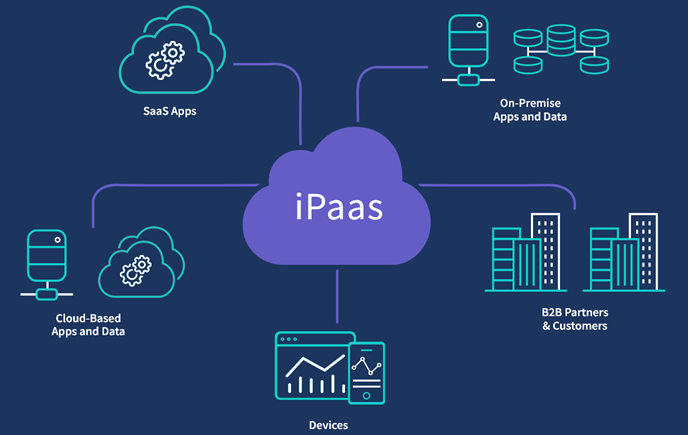Integration Platform as a Service (IPaaS) Market Share, Growth Drivers, Opportunities and Future Outlook

The trajectory of the Integration Platform as a Service sector is characterized by exceptional and sustained expansion, a direct consequence of the accelerating pace of digital business initiatives across the globe. An in-depth analysis of the Integration Platform as a Service (IPaaS) Market Growth Rate indicates a market that is not just growing, but scaling at a remarkable speed. This rapid growth is fundamentally fueled by the urgent need for businesses to achieve greater operational efficiency, enhance customer experiences, and innovate faster. In the modern enterprise, data is fragmented across a multitude of systems, and manual integration processes are slow, error-prone, and incapable of keeping up with business demands. IPaaS platforms directly address this critical bottleneck by providing a scalable and agile solution for automating data flows and business processes. As companies increasingly adopt a best-of-breed approach to their software stack, the number of required integrations multiplies, making an IPaaS solution less of a luxury and more of an operational necessity, thereby serving as the primary engine for the market’s impressive growth rate.
A significant catalyst behind this accelerated growth is the empowerment of non-technical business users through low-code and no-code integration capabilities. This trend, often referred to as the rise of the "citizen integrator," is revolutionizing how organizations approach integration challenges. Modern IPaaS platforms feature intuitive, graphical user interfaces, drag-and-drop functionality, and pre-built templates that allow business analysts, marketing managers, and other line-of-business employees to create and manage their own integrations without writing a single line of code. This democratization of integration democratizes innovation, freeing up specialized IT resources to focus on more complex, strategic projects while enabling business units to rapidly connect the applications they use daily. By significantly broadening the user base within an organization beyond the central IT department, this movement exponentially increases the adoption and utilization of IPaaS platforms, acting as a powerful multiplier for the overall market growth.
Furthermore, the explosion of the API economy has been a crucial factor fueling the market's rapid ascent. APIs (Application Programming Interfaces) have become the standard mechanism for applications and services to communicate with each other. IPaaS platforms have evolved to include sophisticated API management capabilities, allowing organizations to not only consume third-party APIs but also to create, publish, secure, and manage their own. This enables businesses to expose their data and services to partners, developers, and customers, creating new revenue streams and fostering innovation within their ecosystems. The ability to manage the entire API lifecycle within a single platform is a compelling value proposition that drives adoption. This synergy between the need for internal application integration and the strategic imperative to participate in the external API economy ensures that the IPaaS market is positioned at the nexus of multiple major technology trends, guaranteeing a continued and rapid growth trajectory.
- Art
- Causes
- Crafts
- Dance
- Drinks
- Film
- Fitness
- Food
- Spellen
- Gardening
- Health
- Home
- Literature
- Music
- Networking
- Other
- Party
- Religion
- Shopping
- Sports
- Theater
- Wellness
